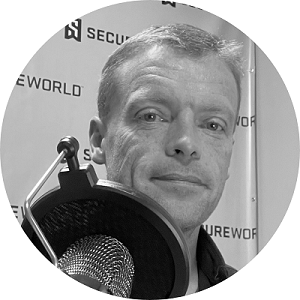Security organizations deal with an increasing number of tools, not only to build their defensive posture but also to validate that those defensive tools are working correctly. Breach and Attack Simulation (BAS) tools promised to fill this gap, simulating real adversary activities with the click of a button. These promises have fallen short, with vendors refusing to learn the lessons of the past while building "signature-based testing" that has long been proven a mistake of the old AntiVirus era.
In this webinar, we'll look at why adversaries have continued success despite the current BAS market, and how a new generation of process and tooling will provide organizations with a more realistic set of tests.
After attending this webinar, you will:
• Understand how MITRE ATT&CK abstraction focuses on breadth instead of depth
• See why test transparency is critical to building detections and understanding your security posture
• Get a blueprint for how you can equip your team to successfully build high fidelity tests in your environment
Attendees are eligible to receive 1 CPE credit.
Generously supported by:

Tim Schulz is SCYTHE’s Adversary Emulation Lead. He has been helping organizations build and train teams to understand and emulate cyber threats for the last seven years while at SCYTHE, Sandia National Laboratories, and MITRE. He has spoken at SANS Purple Team and HackFest Summits, and given talks on Adversary Emulation at DEFCON and other information security conferences.

Tom has been part of the SecureWorld team for over 14 years. He has launched several of the regional conferences we hold today. Tom is currently responsible for SecureWorld Digital, which provides educational content to the SecureWorld audience. He produces, executes, and moderates the majority of the Remote Sessions webcasts while also working closely with the SecureWorld event directors to build relevant agendas at the regional conferences.

Questions? Have an idea for a topic? Interested in sponsoring our web programs?